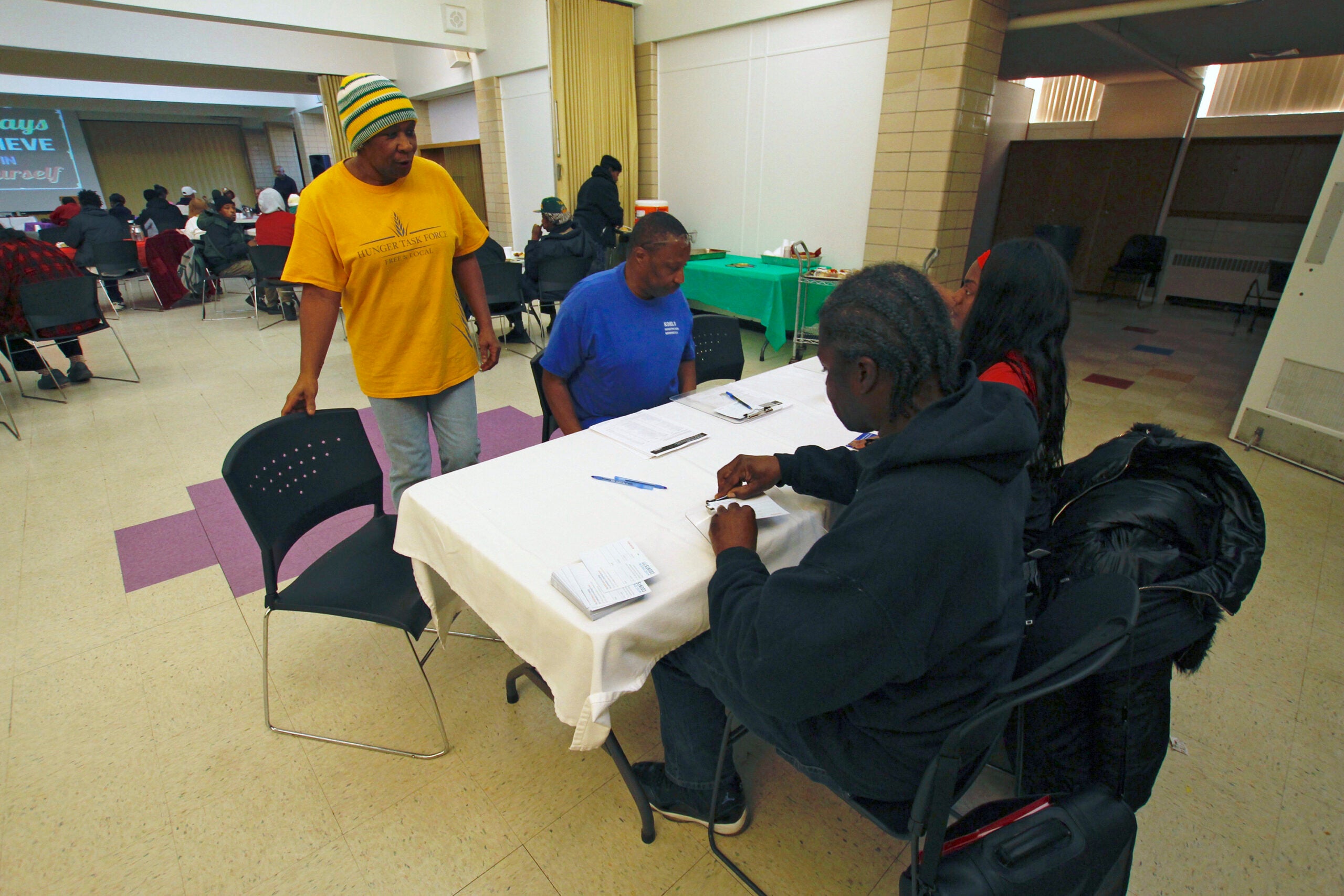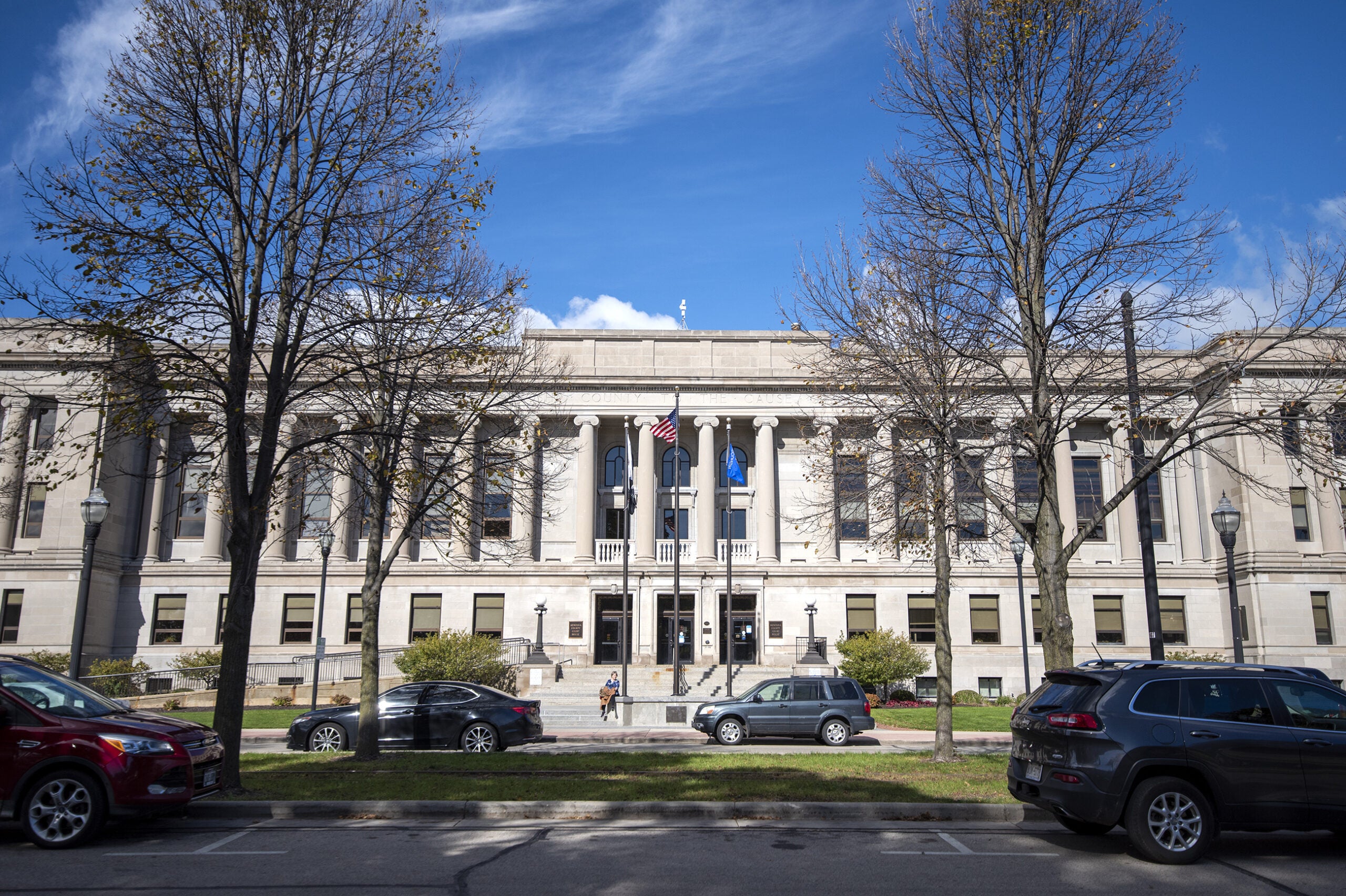The state Department of Corrections is working with the Legislature on a plan they hope will reduce the number of parolees sent back to prison for violating the conditions of their supervision in the community.
Parole revocations are one of the main reasons released offenders end up going back to prison. Sometimes these revocations are triggered by what could be considered a minor slip, such as using drugs or alcohol. Under a bill introduced by Rep. John Nygren, R-Marinette, parole agents would be able to impose short-term jail punishments for such slips instead of sending them back to prison.
Nygren said the bill would enable parole agents to punish such slips with a weekend in jail, ensuring parolees wouldn’t lose a job they may have by having their parole revoked.
Stay informed on the latest news
Sign up for WPR’s email newsletter.
“The model is based on research that shows that it’s the swiftness and the certainty of the sanction, not the length of confinement, that has the most impact on offenders’ behaviors,” said Nygren.
Nygren said eight other states are already using similar measures to reduce revocations and give parolees a second and sometimes third chance to follow the rules and avoid going back to prison. Pilot projects in Milwaukee and Eau Claire are already in place.
Adam Plotkin of the state Public Defender’s Office, which represents parolees facing revocation, said the plan would save money and keep offenders in the community.
“We represent over 7,500 revocations proceedings per year,” said Plotkin. “The effect would be significant.”
There are currently more than 67,000 parolees in Wisconsin, many of them with a history of drug or alcohol addiction.
Wisconsin Public Radio, © Copyright 2025, Board of Regents of the University of Wisconsin System and Wisconsin Educational Communications Board.







